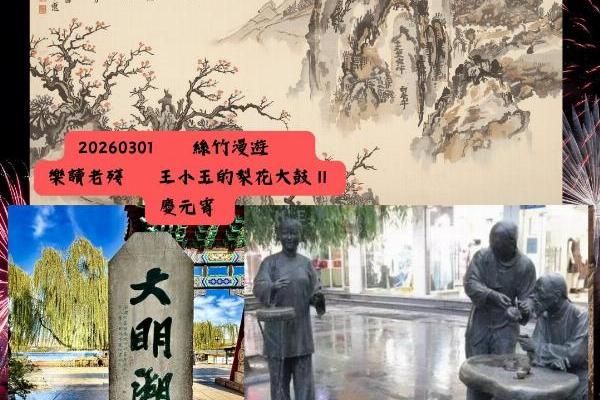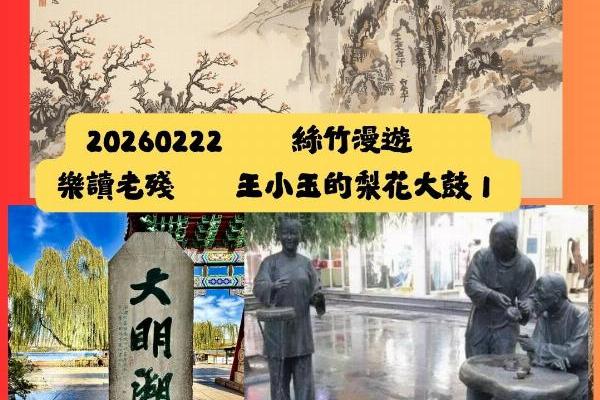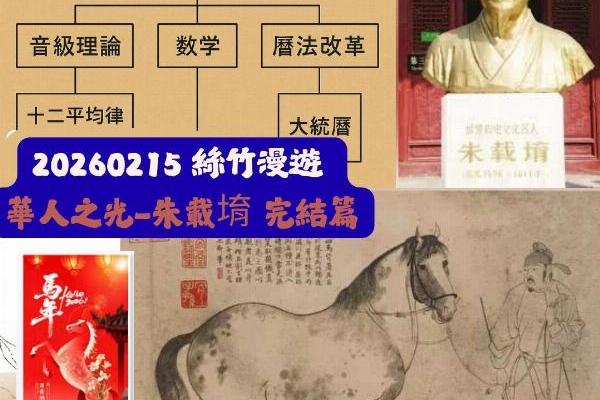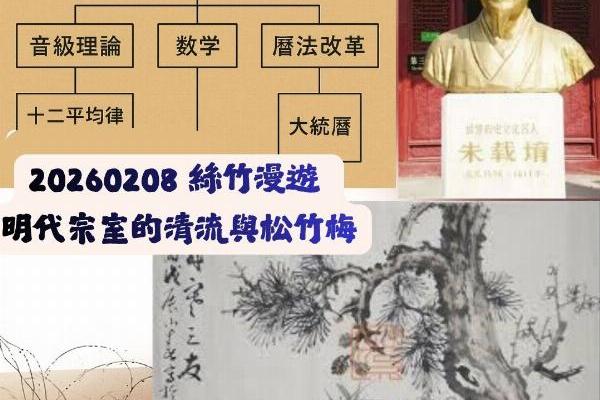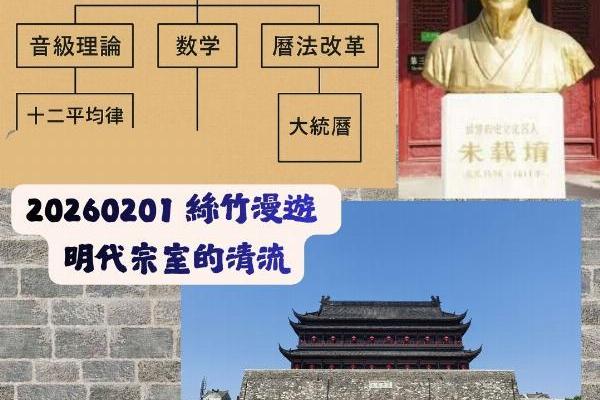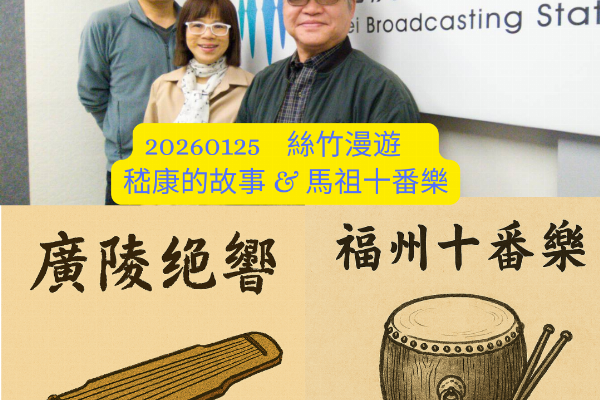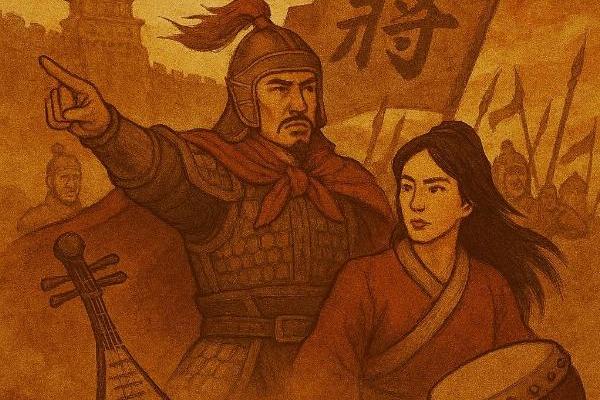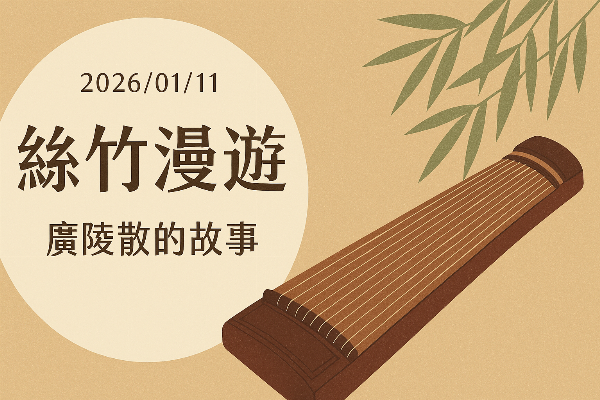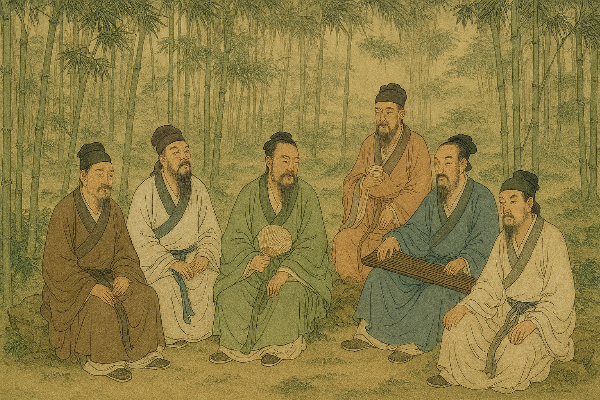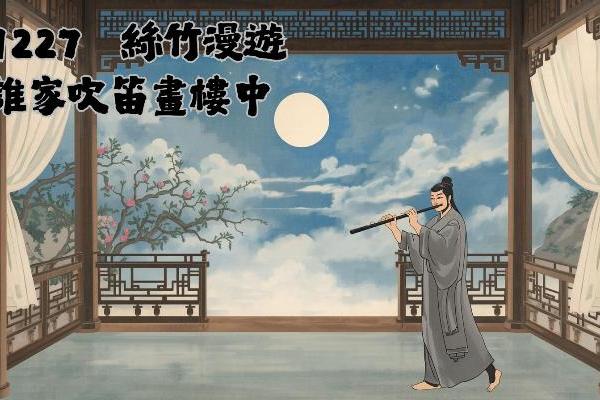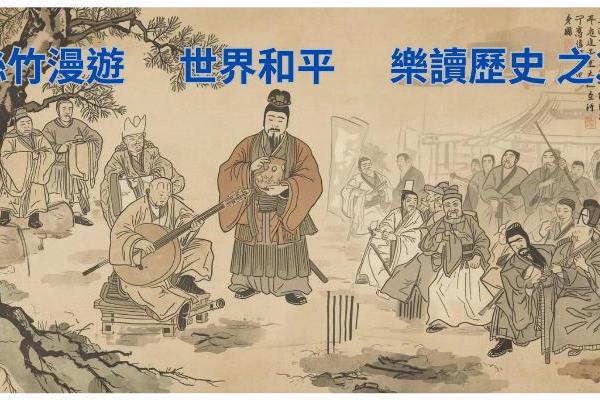
::::::
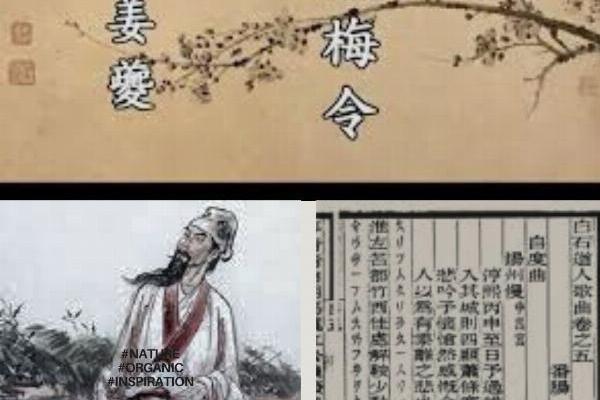

Wonder in Sizhu
HostMali Liu

Topic
Tonight, we enter the refined world of Jiang Kui—Southern Song poet, composer, and calligrapher—known as the Master of the White Stone. His artistry transcended disciplines, weaving poetry, music, and brushwork into a singular aesthetic vision.
Content
Tonight, we enter the refined world of Jiang Kui—Southern Song poet, composer, and calligrapher—known as the Master of the White Stone. His artistry transcended disciplines, weaving poetry, music, and brushwork into a singular aesthetic vision.
Jiang’s treatise Xushu Pu extended the legacy of Sun Guoting’s Shupu, asserting that true calligraphy must embody “fengshen”—spirit and style. For Jiang, brushstrokes were not mere technique but reflections of character, much like his ci poetry, which pursued clarity, subtlety, and emotional resonance.
His self-composed melodies, preserved in Songs of the Master of the White Stone, include detailed rhythmic annotations that mirror the cadence of his calligraphy. In works like Yangzhou Man, An Xiang, and Shu Ying, Jiang used imagery of plum blossoms, river mist, and solitary cranes to express noble solitude and poetic refinement.
Tonight’s musical selections trace a river of Song-era emotion:
Jiao Zhao and Zhao, two self-composed tune patterns, evoke spring melancholy and personal longing.
Yangzhou Man mourns a fallen city, blending historical memory with lyrical grace.
Changting Yuan Man and Dan Huang Liu explore themes of farewell and seasonal sorrow.
Qi Liang Fan and Cui Lou Yin reflect the cold beauty of snow and the quiet grief of secluded women.
Jiang Kui’s legacy is one of integration—where music, poetry, and calligraphy speak with one voice. His art is not ornamental, but essential: a pursuit of elegance that reveals the soul beneath the surface.
Thank you to Qin Hao as Jiang Kui, Elson as Zhou Wenpu, and now, back to our host Mali.
Goodnight.
LIVE
